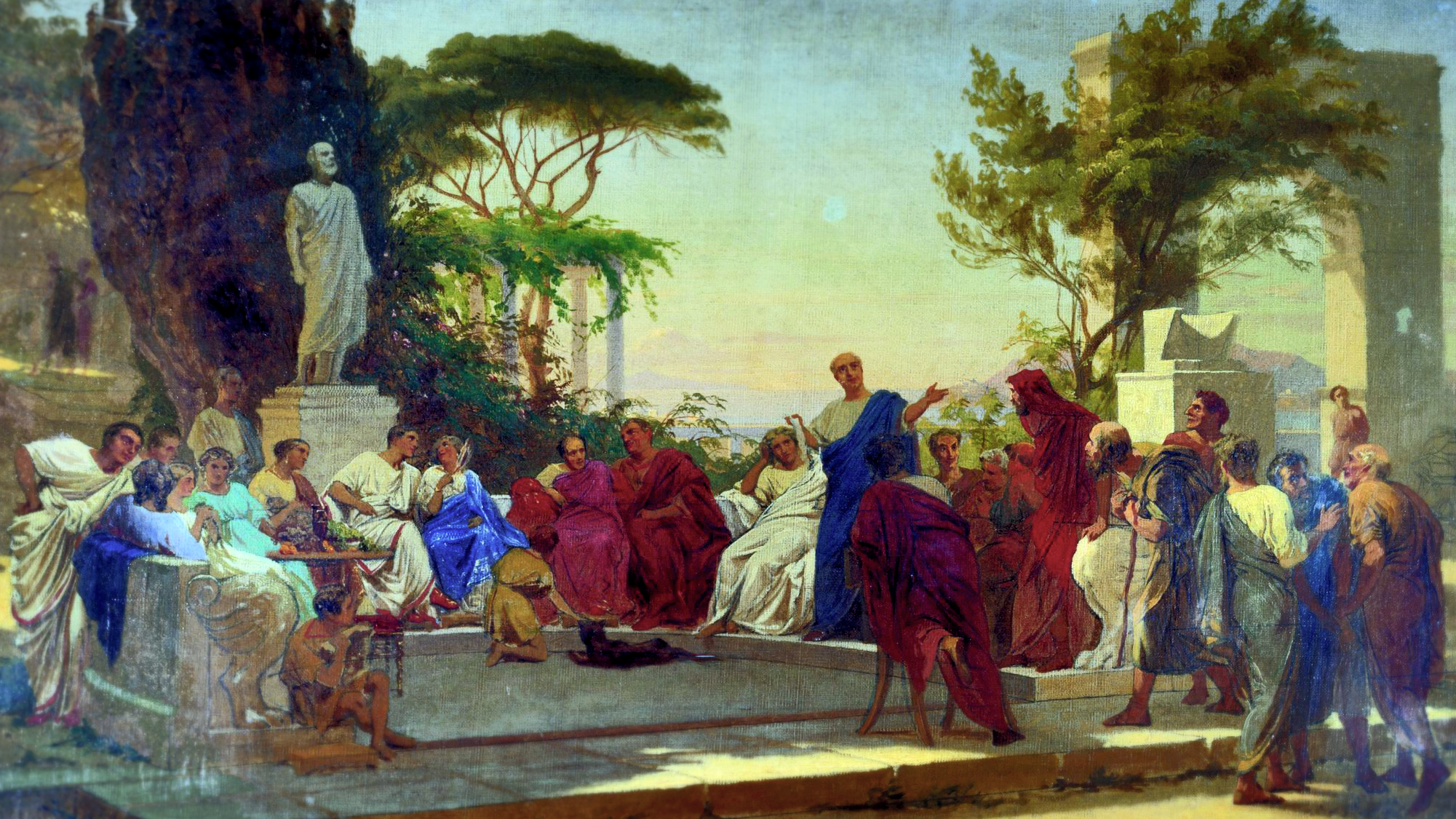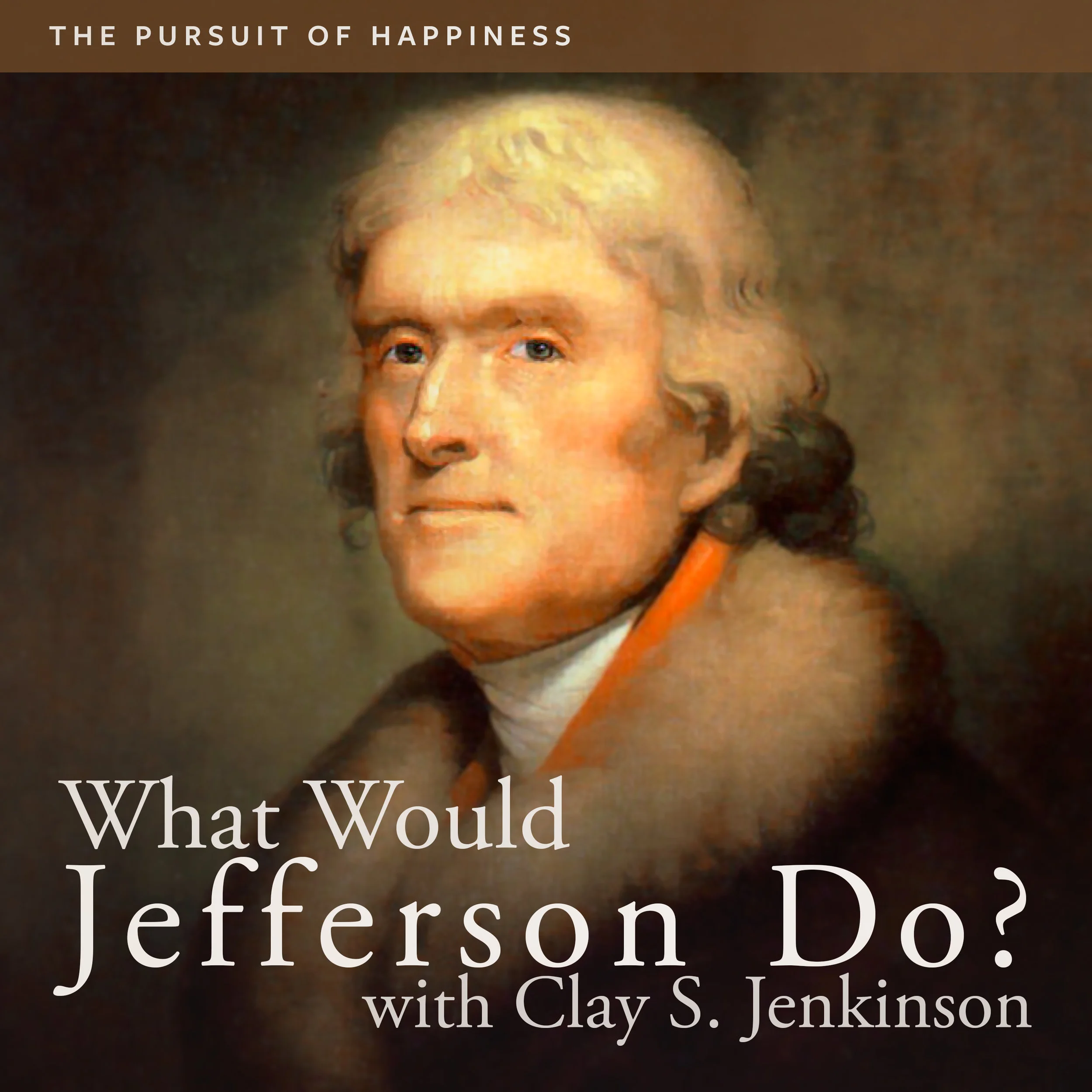A variety of subjects are covered on the Thomas Jefferson Hour this week, including a discussion about Benjamin Franklin Bache's newspaper the Philadelphia Aurora, the effect negative press had on politicians during Jefferson’s time and an interview with Niya Bates about restoration work ongoing at Monticello.
"You can't understand Jefferson without understanding slavery; you can't understand the paradox of his life and the words that he wrote in the Declaration of Independence without understanding this historical connection with Sally Hemings and with the enslaved people in general at Monticello."
— Niya Bates, Public Historian of Slavery and African American Life at the Thomas Jefferson Foundation
You can find a full transcript of our conversation with Niya Bates here.
Further Reading:
- American Aurora: The Suppressed History of Our Nation's Beginnings and the Heroic Newspaper That Tried to Report It by Richard N. Rosenfeld
- "Those Who Labor for My Happiness": Slavery at Thomas Jefferson’s Monticello by Lucia C. Stanton
- The Hemingses of Monticello: An American Family by Annette Gordon-Reed
- Washington Post: "For decades they hid Jefferson’s relationship with her. Now Monticello is making room for Sally Hemings."
- Washington Post: "A new window into the extraordinary life of Sally Hemings"
- Teen Vogue: "Why You Can't Ever Call an Enslaved Woman a 'Mistress'"
- NPR: "Behind The Founding Foodie, A French-Trained Chef Bound By Slavery"
- Founders Online: From John Adams to Benjamin Rush, 9 June 1789
Here’s to the Better Angels of Our Nature
The Jefferson Watch
From Clay:
The Founders were all shocked—and disillusioned—when they discovered that factionalism was going to be a regular feature of American life, with its dark tools: character assassination, deliberate distortion of facts, self-serving rhetoric, opinion pieces disguised as objective news, the demonization of the opposition, innuendo, hired ruffians disguised as newspaper editors, a deliberate use of logical fallacies to whip what Rush Limbaugh calls the “low-information voters” into one baseless frenzy after the next. Am I describing then—or now?
Read Clay's Jefferson Watch essay, "Here’s to the Better Angels of Our Nature."
What Would Jefferson Do?
Tune in to your local public radio or join the 1776 Club to hear this episode of What Would Thomas Jefferson Do?



This week, Clay Jenkinson discusses Jefferson’s first inaugural address with regular guest Lindsay Chervinsky. The speech, inaudibly delivered on March 4, 1801, is regarded as one of the top five in American history.
This week, Clay Jenkinson interviews frequent guest Beau Breslin of Skidmore College about the most famous decision in Supreme Court history.
Professor Beau Breslin of Skidmore College returns to the Thomas Jefferson Hour to talk about important passages that were edited out of key American documents of the Founding Era, including the famous anti-slavery passage of the Declaration of Independence.
This week's episode of the Thomas Jefferson Hour was recorded live at Radford University in Radford, Virginia in February 2023.